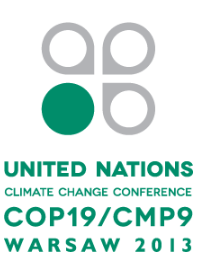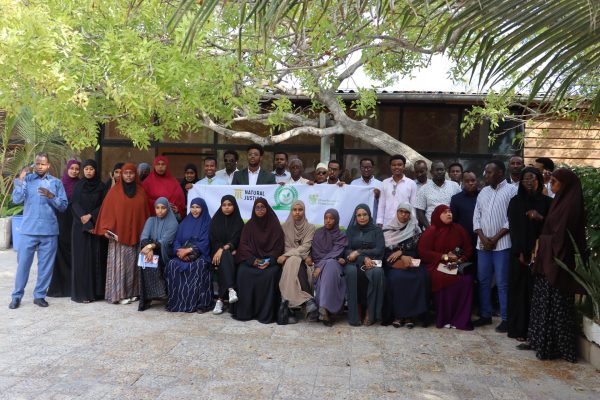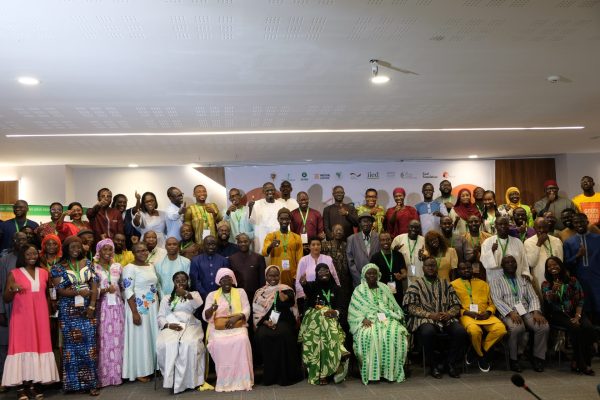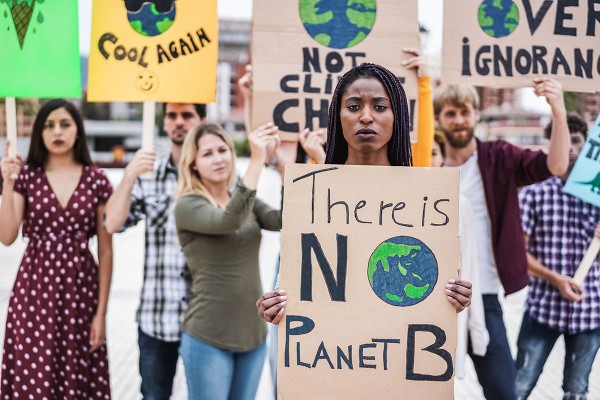 The 19th session of the Conference of the Parties to the United Nations Framework Convention on Climate Change takes place in Warsaw, Poland from 11-22 November 2013. Parties to the convention will continue to negotiate a new global climate agreement, which they intend to adopt in 2015 and implement no later than 2020. The Convention aims to keep global temperature rise below the critical 2oC threshold. The talks take place amid increasing evidence of rising greenhouse gas emissions and climate change and the need for urgent action:
The 19th session of the Conference of the Parties to the United Nations Framework Convention on Climate Change takes place in Warsaw, Poland from 11-22 November 2013. Parties to the convention will continue to negotiate a new global climate agreement, which they intend to adopt in 2015 and implement no later than 2020. The Convention aims to keep global temperature rise below the critical 2oC threshold. The talks take place amid increasing evidence of rising greenhouse gas emissions and climate change and the need for urgent action:- The World Meteorological Organisation recently reported that the amount of greenhouse gases in the atmosphere reached new highs in 2012, and an upward and accelerating trend is continuing which is driving climate change.
- In the latest report from the Intergovernmental Panel on Climate Change (IPCC), the Fifth Assessment Report: The Physical Science Basis, it was shown that warming of the climate system is unequivocal, and that limiting climate change will require substantial and sustained reductions of greenhouse gas emissions. Scientists calculated a carbon budget and revealed that nearly half of all the carbon dioxide that can be safely emitted without raising temperatures above a dangerous 2oC had already been emitted by 2011, and the entire budget could be used up by 2040.
- Carbon Tracker has shown that fossil fuel reserves far exceed the carbon budget, and to have a chance of not exceeding the global warming of 2oC between 60-80% of coal, oil and gas reserves publicly listed by companies is ‘unburnable’ and must be left in the ground.
- The UNEP Emissions Gap Report 2013 assess whether pledges and commitments by Parties to the UNFCCC are consistent with its aim to remain within a 2oC temperature increase. Analysis indicates that the current pledges and commitments fall short of the goal. Furthermore, emissions of greenhouse gases in recent years have continued to rise rather than decline, and global emissions are approximately 14% above where they should be. On a positive note the report outlines that it is still feasible to bring emissions to levels consistent with the 2oC trajectory.
- Author Naomi Klein has reported that some scientists have argued that in order to respect equity principles, emissions reductions by developed countries need to be deeper, implemented sooner than current commitments, and that carbon reductions should be managed through radical de-growth strategies.
To ensure the world is on a climate safe trajectory Parties need to substantially increase both their short and long term targets for emissions reductions and to implement relevant actions. Despite the mounting evidence and need for urgent action, recent comments by Christina Figures, executive director of the UNFCCC to the Guardian Newspaper, indicated that negotiations would not be based upon scientifically derived carbon budgets as this would be too politically sensitive. The conference will consider a variety of agenda items including adaptation, finance, technology and mitigation, the latter includes reducing emissions from deforestation and forest degradation in developing countries (REDD+). Natural Justice will be following the conference and in particular discussions and outcomes related to REDD+ and how these could affect community rights issues.






